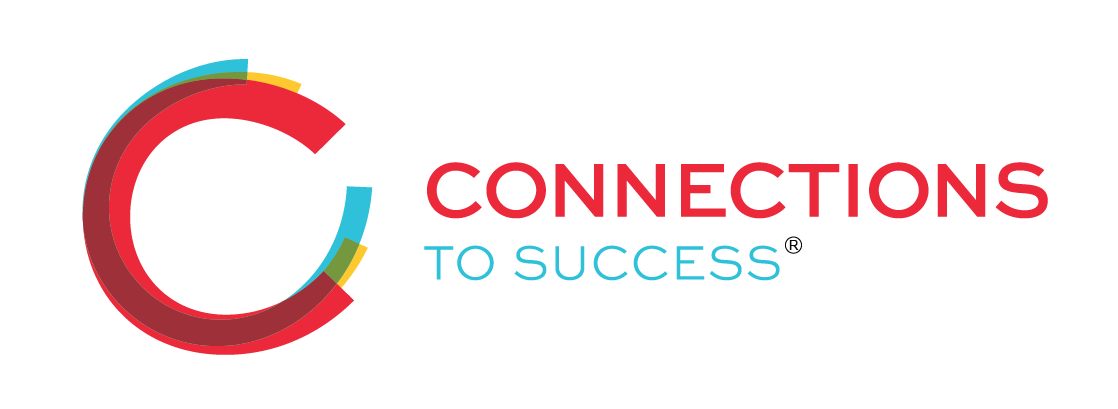Poverty is often associated with not having enough money or not having a job, but it’s more complex than that. Poverty involves multifaceted, interconnected factors and can spark a cycle that impacts generations of families. Living in poverty often limits educational and training opportunities for children and young adults, making it difficult to obtain a job with a living wage as an adult or parent. The cycle of poverty has a widespread impact, contributing to issues like crime, unemployment, poor health, domestic violence, isolation and depression.
An Integrated Approach
A holistic, evidence-based model
We meet people where they are and help them move toward a place of personal, economic and social strength. Our model integrates training opportunities, life transformation coaching, support services and job development to equip participants for long-term success.
Continuous Improvement
Our commitment to continuous improvement helps us stay innovative and effective. We collect data and evaluate outcomes to refine and enhance our programs and strategies. Improved services mean improved outcomes for participants.
The Power of Social Capital: A Case Study
Outcomes That Matter
Our Model Delivers Real, Evidence-Based Results
Our model produces results on multiple levels for individuals, families and communities. We focus on intergenerational impact to ensure outcomes extend beyond the immediate future and empower the next generation, helping break the cycle of poverty.
An ROI analysis of our re-entry program measuring project outcomes over a 3-year period for 750 adults found the following:
- Increase in tax revenue of $1,434,430
- Reduction in incarceration costs of $4,950,000
- Cost of all program services of $2,025,000
- Equals: Return of $3.15 for each dollar invested in Connection to Success services
Expanding the Impact in Your Community.
Financial ROI
As participants obtain and maintain employment, they’re empowered to:
- Build assets and savings, including emergency funds
- Improve credit scores
- Decrease debt
- Contribute to the local economy
- Provide for their families
Other outcomes impact larger communities and taxpayers, including:
- Reduced court costs
- Reduced Medicaid costs
- Reduced foster care costs
- Reduced recidivism rates for program graduates translate to reduced costs tied to law enforcement, probation and prison maintenance
Social ROI
Our holistic approach generates social values such as:
- Healthier relationships
- Greater educational attainment
- Generational impact – improved outcomes for parents can support better outcomes for children
- Increased community safety
- Increased home ownership
Key Outcomes for Program Graduates
- 74% initial employment rate
- 70% job retention at 9 months following employment
- 82% received an earnings increase within 6 months of employment
- 14% recidivism in 12 months after release from incarceration, 8% for those in mentoring program (compared to 44% nationwide)

Support our efforts to end the cycle of poverty.
Want to get involved? Contact us to volunteer or donate.


